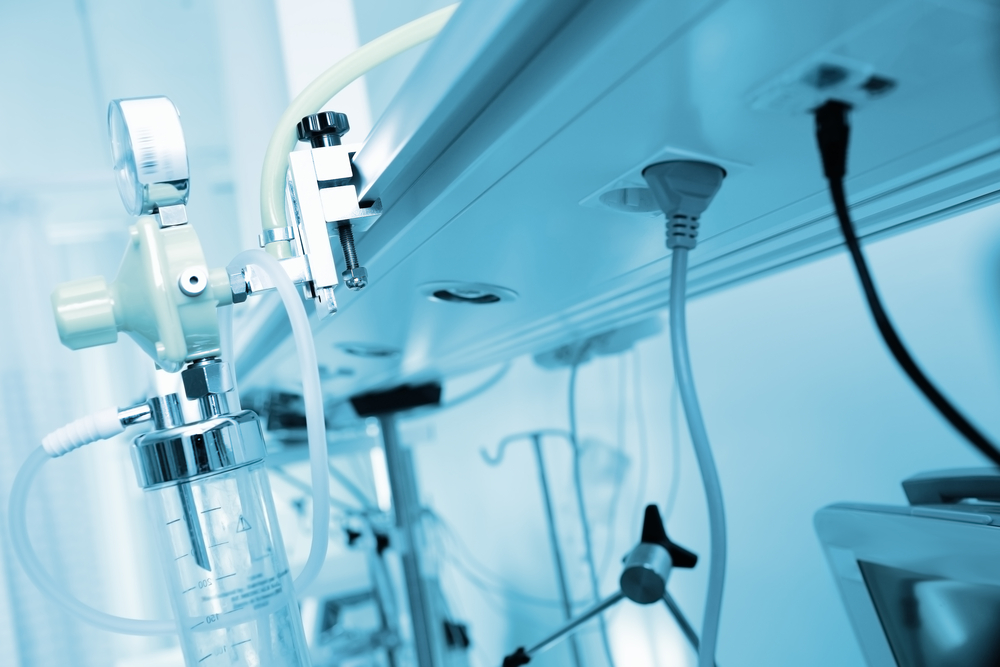

Healthcare facilities are critical environments where the safety and well-being of patients and staff are of utmost importance. One essential aspect of maintaining a safe and efficient healthcare facility is ensuring compliance with electrical codes and standards. Navigating the intricate web of regulations and requirements can be a daunting task, but it is crucial for the smooth operation of medical facilities. In this blog, we will explore the importance of understanding and adhering to electrical codes and standards in medical facilities and offer some tips for compliance.
Electrical Codes and Standards Within Healthcare
Healthcare facilities have unique electrical needs and requirements that must be met to ensure the safety and reliability of electrical systems. This is why specific electrical codes and standards have been established to govern the design, installation, and maintenance of electrical systems in medical settings. These codes and standards are put in place to protect patients, staff, and visitors from electrical hazards and to ensure the proper functioning of critical medical equipment.
One of the most important electrical codes that healthcare facilities must comply with is the National Electrical Code (NEC). The NEC sets forth the minimum requirements for electrical installations in residential, commercial, and industrial settings, including healthcare facilities. Compliance with the NEC is essential for ensuring the safety and reliability of electrical systems in medical facilities.
In addition to the NEC, healthcare facilities must also adhere to other relevant standards and guidelines, such as those set forth by the National Fire Protection Association (NFPA) and the Centers for Medicare and Medicaid Services (CMS). These standards cover a wide range of topics, including electrical system design, equipment maintenance, and emergency preparedness, and must be followed to ensure compliance and safety in medical facilities.
Importance of Compliance
Compliance with electrical codes and standards in healthcare facilities is essential for a variety of reasons. First and foremost, compliance helps to ensure the safety of patients, staff, and visitors. Electrical hazards can pose a significant risk in medical settings, where patients may be particularly vulnerable to injury or harm. By adhering to electrical codes and standards, healthcare facilities can minimize the risk of electrical accidents and create a safe environment for all.
Compliance with electrical codes and standards also helps to protect critical medical equipment and systems. Many medical devices and equipment rely on electricity to function properly, and any disruptions or failures in electrical systems can have serious consequences for patient care. By following the guidelines set forth in electrical codes and standards, healthcare facilities can ensure the proper functioning of medical equipment and reduce the risk of equipment failures.
Tips for Compliance
Navigating the complex landscape of electrical codes and standards in healthcare facilities can be challenging, but there are a few key steps that can help facilities stay compliant. First and foremost, it is essential to stay informed about the latest updates and changes to electrical codes and standards. This may require attending training sessions, staying up to date with industry publications, and working closely with electrical contractors who are knowledgeable about healthcare facility requirements.
Second, regular maintenance and inspections of electrical systems are critical for ensuring compliance with codes and standards. Healthcare facilities should develop a comprehensive maintenance schedule and conduct regular inspections of electrical systems to identify and address any potential issues. This proactive approach can help facilities catch problems early on and prevent costly repairs or downtime.
Finally, working with experienced electrical contractors and professionals who specialize in healthcare facility requirements can help ensure compliance with electrical codes and standards. These professionals have the expertise and knowledge necessary to design, install, and maintain electrical systems in medical settings, and can help healthcare facilities navigate the complex regulatory landscape.
Summary
Compliance with electrical codes and standards is essential for the safety and reliability of electrical systems in healthcare facilities. By understanding the requirements set forth by organizations such as the NEC, NFPA, and CMS, healthcare facilities can create a safe and efficient environment for patients, staff, and visitors. By staying informed, conducting regular maintenance, and working with experienced professionals, healthcare facilities can navigate the complexities of electrical compliance and ensure the smooth operation of their electrical systems.
Need an Electrical Contractor in Raleigh, NC?
Box Electric Company is a commercial electric company located in Raleigh, North Carolina since 1995. For over 24 years, we have been dedicated to providing a wide range of commercial and industrial electrical services, from new construction on electric systems to upgrades and renovations; to lighting designs, repairs and maintenance; and much more. Our experience spans across industrial, municipal, commercial, and small business verticals, with niche experience in medical and dental offices and technology companies. If your business requires electrical services or upgrades, you can count on our decades of experience to work for you. Call us today or visit our website for more information!

